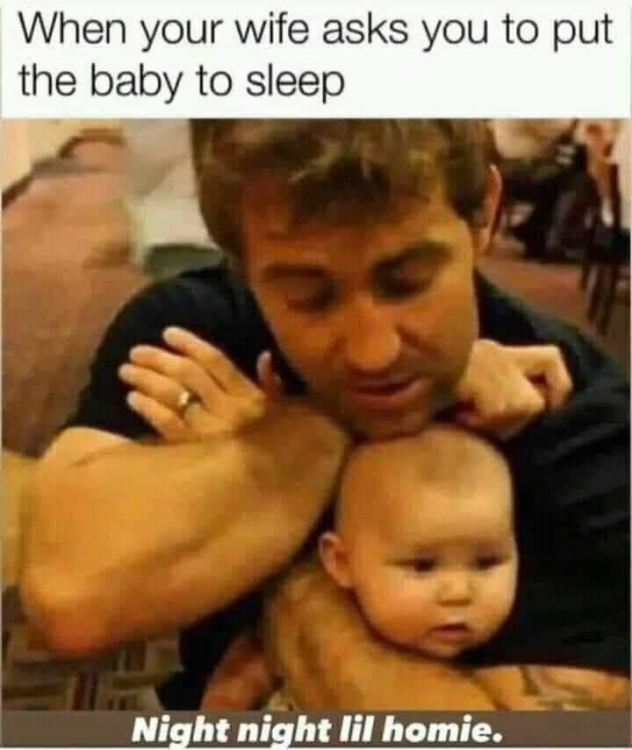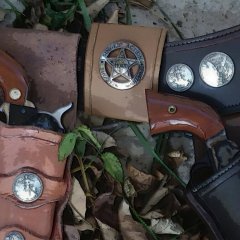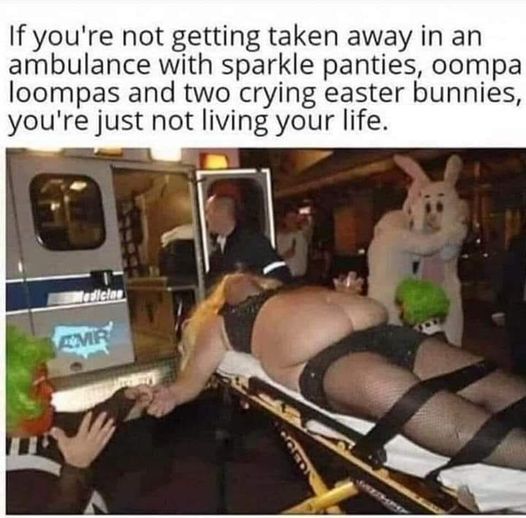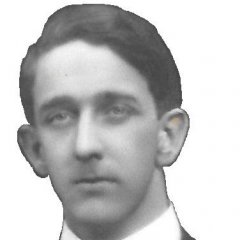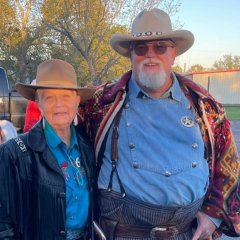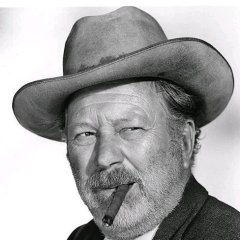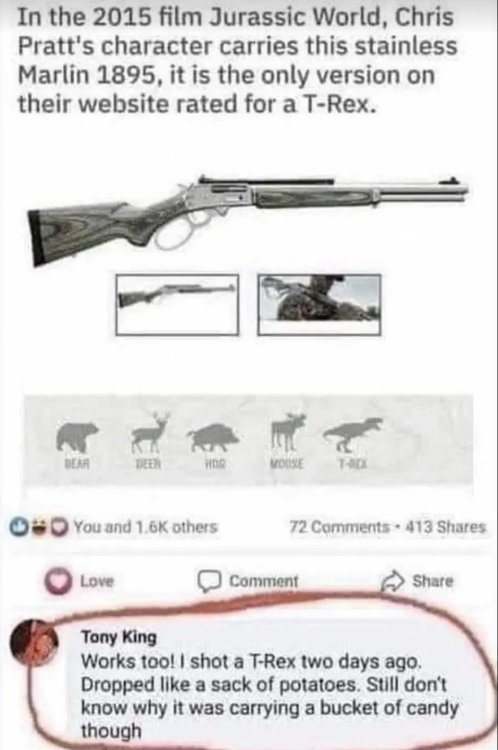Leaderboard
Popular Content
Showing content with the highest reputation on 11/05/2022 in all areas
-
8 points
-
7 points
-
6 points
-
6 points
-
6 points
-
5 points
-
5 points
-
4 points
-
4 points
-
I'm morbidly curious as to who can run faster... these blimps or the gangbangers with their pants down around their ankles.4 points
-
3 points
-
3 points
-
Why will the new Black Sea Fleet have glass bottom boats? So they can look at the old Black Sea Fleet.3 points
-
3 points
-
3 points
-
3 points
-
3 points
-
Tattoo regulations have changed significantly. Each service is different, but in the army the only things that are prohibited are neck and face tattoos, and anything involving racism, etc. Sometimes if we do a formation run, it looks like I'm being chased by a motorcycle gang.3 points
-
3 points
-
2 points
-
2 points
-
That used to be LEO pistol doctrine, no patch, but protect one eye or the other from extremes of light. Works, might be a life saver.2 points
-
2 points
-
Back when I was playing D&D, one guy played a thief that wore an eye patch. And when they went out of the bright sunlight into a dark castle or a cave, he would move the patch to the other eye. The eye that it had the patch over it was already adjusted to the dark. Such was the theory, anyhow.2 points
-
2 points
-
Keep your firing eye closed to preserve night vision.... til night I guess2 points
-
THE IRISHMAN'S RIGHT Sheriff Linn Keller stopped and stared in sheer, unadulterated admiration. Sean Finnegan, the big red headed Irish fire chief, was frozen in that one bright moment, frozen with his good right arm almost straight, his hand doubled up into a fist at the end of it, and about a yard away from the fist, drifting away in absurdly slow motion, a man whose nose was now much broader than it had been a moment ago. Like most experienced bare knuckle brawlers, Sean's knuckles were aligned up and down: were they horizontal when hitting something as bony and inflexible as a man's face, the boxer's hand was prone to fracture: its vertical alignment was much more resistant to breakage, especially with the raw, unadulterated power Sean could muster in one punch. The moment was gone, as quickly as it came: Linn's mind replayed the angry, shouting rider who went storming up behind the men beside the working steam engine; he remembered Sean turning, looking less like the broad shouldered Hephaestus, and more like an angered panther: one moment, solid, stony, a muscle-sculpted figure, solid and immovable, well rooted in God's good earth, and the next, a fast moving, lithe, agile, avenging warrior, doing his best to drive his fist through a shouting man's face and out the back of his skull. Linn looked at Jacob, then at the unconscious, face-bloodied soul who was so unwise as to address Sean at a working fire, then Linn looked around. As usual, when there was a fire response, a crowd gathered, and crowds tend to observe things, and not a living soul there missed the fact that a man approached their beloved Irish Brigade, shouting indiginantly about some offense or another, and was given a face full of knuckles for his trouble. Linn lifted his chin in summons; he recruited from this Unorganized Militia to carry this careless soul further from the fire scene: Linn led them far enough down Main Street to come to the first horse trough, where the offended party was given a bath, whether he needed it or not. Later, as the Sheriff listened to men's talk, he discovered the Irish Brigade was resonding to this fire, and their sudden appearance startled the man's horse and caused it to buck, offending the rider, who gave pursuit, waited for the right moment, and then advanced, shouting his grievance in what most testified to be much less than a polite manner. For his part, Sean dismissed the event from his mind: anyone who could not see three white mares, thrusting hard against polished black harness, if they could not hear a troika of galloping hoofbeats and the Steam Masheen's shrill whistle, if the most careless among them could not hear the big Irishman's great barrel chested voice, nor hear the blacksnake whip as it demanded of the air itself to give way -- well, any who could not see this, who could not hear this, deserved to be trampled, knocked aside and otherwise disposed of however may be necessary. None gathered that day to witness this, doubted this, and none who witnessed this, debated the matter. Fire Chief Charles Fitzgerald did not often let slip his temper. Fire Chief Charles Fitzgerald had been a bull rider, he'd worked oilfield in his youth, he'd been Navy and he'd had to handle himself in some interesting situations, so when a man made so bold as to throw a punch at him, why, he reacted as he'd been trained. Fire Chief Charles Fitzgerald just honestly beat snot, liver, lights and stuffing out of the man who'd come up and challenged him there on the broad, concrete, firehouse apron. It seems that a motorist objected to being startled by the sudden appearance of a red Kenworth pumper, screaming up behind him -- all chromed and screaming mechanical siren and twin three-foot-trumpet air horns, all chrome front bumper and momentum, and the idiot motorist who tried to pull out in front of the oncoming rig, nailed the brakes barely in time: later testimony from the modern day Irish Brigade agreed with the careless motorist's estimation that you could not have passed a paperback book between the front bumper of the motorist's vehicle, and the shining side of the onrushing red fire truck. Some men detest admitting they're wrong, and this fellow was one of them: instead of swallowing hard and realizing he'd been careless, he turned the blame on the pumper, he waited until they were back in quarters and he went down to raise hell with anyone he could find. He found the Chief. Chief Fitzgerald did not rise to the white hat by being hot headed, precipitous nor premature: the Chief, as a matter of fact, was known to hear anyone out, no matter how wrong they might be, but he was also known as being extremely fair, and rather plain spoken: when this Jack Doe declared his dissatisfaction with the situation, when he progressed into accusations and then into threats, the Chief told him quietly to go straight to hell and get off firehouse property and don't bother coming back. Apparently this Jack Doe did not like being addressed in such a manner. He took a swing at the Chief. A certain pale eyed Sheriff happened to be watching, and a certain pale eyed Sheriff waited until the Chief was finished with his address, and a certain pale eyed Sheriff did the same thing in this modern day as was done a little over a century ago, when redress was demanded without justification. He spoke to the Chief and expressed his admiration of the man's style, and then he introduced the worse for wear party to the nearest horse trough, reasoning that anyone with such bad manners was likely due for his Saturday night bath anyhow.2 points
-
2 points
-
let's see/hear some of them .... they might actually be funny ..........., funnier than actuality ........2 points
-
At least she's not like 99% of Hollyweird actors who close BOTH eyes before firing a shot.2 points
-
2 points
-
2 points
-
2 points
-
2 points
-
2 points
-
2 points
-
2 points
-
2 points
-
1 point
-
1 point
-
Neenish Tart A neenish tart is a tart made with a pastry base and a filling consisting of sweet gelatine-set cream, mock cream, icing sugar paste, or lemon and sweetened condensed milk mixture, with icing on the top of the tart in two colours – brown and pink most commonly. Where did these strange little cakes come from, and why are they so popular? The most popular tale, according to the ABC, is that the neenish tart was invented by a woman called Ruby Neenish in the New South Wales Riverina town of Grong Grong in 1913. The story goes that Ruby was baking for a shower tea when she ran out of cocoa. Thinking on her feet, she iced her tarts with half chocolate, half white icing and they were known forevermore as neenish tarts. A HISTORY OF CLASSIC AUSSIE BAKERY ITEMS1 point
-
1 point
-
One would think that as many things as they get wrong on that show (Smith & Wesson 32 kit, 25 mm Tokerav), I would quit believing things they say on NCIS. But they had a dead Marine and he had real real real faded tattoos up and down both arms. Gang tats. He had had them laser removed. Because, as Gibbs explained, the Corps didn't allow visible ink, and since short sleeve shirts were official uniform, the arms had to be clean.1 point
-
1 point
-
1 point
-
1 point
-
1 point
-
THE FRENCH HERETIC Midnight shift, Firelands General Hospital, medical-surgical wing. A nurse with silent tread moved like a ghost from room to room, making regular checks on the assigned patients: midnight shift was when things were either busy and stressful, or catastrophic: like most hospitals, they ran a short staff, and every nurse had to be as efficient as possible in order to get all the treatments done. Bandage changes, wound vac maintenance, breathing treatments, prescribed or as-needed, IVs alarming, restless thumbs pressing impatiently on the nurse call: the nurse smiled, hesitated in the hallway, reached for the wheeled tower with the several monitors on it: blood pressure, pulse, oxygen saturation, cords, tubes, Velcro wraps, complex, tangled, awkward: the nurse hooked a white sneaker around its base, pulled at the same moment as pulling on the upper section: the damned thing was top heavy and prone to fall over if carelessly moved. The nurse began shift with a check on every patient. One, a little old bluehair, gave him a surprised look when he said "Hello, I'm Jacques, I'll be your nurse tonight." "You're a nurse?" she asked skeptically, whereupon he proceeded to feed her a good line of second hand horse feed and got her to laughing: after she found out he was as windy as a sack full of politicians, they got along just fine. She'd hit her call button twice more through the night, once with the shamefaced admission that she tried to pour water from her pitcher into the glass and dumped it on the bed. He got her into the bedside chair, winked and said "I'll take care of it" -- he disappeared, came back with fresh linens, a dry gown -- he'd stripped the bed, wiped it down, dried it and made it back up, and made it look easy -- then he picked up the gown, peered through nonexistent bifocals at the label and read, "Hot Cutter," then he looked over said absent spectacles and deadpanned, "That's French for One Size Fits Nobody." Jacques was not the only heretic in Firelands. The Sheriff was a heretic: a woman in a man's profession, good looking, too, but damned good at her job. There was religious heresy as well, in which the populace participated with a glad heart: periodically, the black-robed Bretheren and the silk-veiled White Sisters from the Rabbitville Monastery would come to Firelands and hold a Catholic service: these were invariably so well attended that they had to adjourn from their little whitewashed church, to the more spacious firehouse: apparatus would be pulled out on the apron, chairs provided for those who needed to sit, otherwise the service was held in the ancient and traditional manner, with the congregation on their feet -- which took the Sheriff's tall son by surprise, so he sought out one of the Brethren -- Joseph, a subdeacon -- who explained that this was the rule and not the exception in an Orthodox church, and showed him pictures he'd taken in Alaska of just such a church, with and without congregation. This one particular night, though, it was the French heretic, a male nurse, a man in a woman's profession, who drew laughter from a dour old woman who took a pointed delight in laughing at nothing, and in the years that followed, this French heretic who committed the heresy of becoming a nurse -- was thanked by his fellow nurses for his gentle way of bringing "That Old Witch" out of her perpetual state of criticism, which made their lives far less unpleasant when the old woman was readmitted multiple times before her death.1 point
-
TO LIGHT A CANDLE The wooden panel slid aside. The inside of the confessional was dark, quiet: the inside of the Sanctuary was always quiet, thick adobe walls kept out blistering heat and quite a bit of sound. "I ain't here to confess," a rough voice said from the other side of the wooden screen. "Speak your mind, son," came the reply, and a rough-dressed man with miles graven on his face, calluses on his hands and dust on his duds, looked with surprise at the screen: he considered, nodded. "Friend of mine's dead," he said bluntly. "A good friend?" "The best." "Where is he now?" "I buried 'im as best I could. He's some miles back. Didn't have much to dig with but I done my best. I piled rocks on the grave so's nothin' could dig him out an' folks would know 'twas a grave and not to just run over it." "How long did you know him?" "Long time, Padre. Since the War." The cowboy barely saw the tonsured priest on the other side of the screen nod, slowly: had his hairless dome not been shiny, he'd have never seen the movement. "How did he die?" There was a long silence. Abbot William was taking Confessions that day, it was his turn in the rotation: as Abbot, he could have delegated this to a subordinate Brother, but he believed a leader should set the example. He half expected his guest to leave, at his blunt question: he felt the man shift on his hard seat, then he said, "He kilt himself." "I've known good men to do that," the Abbot said thoughtfully. The cowboy looked with surprise at the grating. "What caused him to do this?" "He broke his leg. Got infected and then he smelt gangrene and he said he warn't goin' to die of the gangrene." The Abbot nodded again. "He was dead already." "I reckon." "There is no surviving gangrene." "You seen it, Padre?" "I was in the War." Another lengthy silence. "Padre, I been told killin' yerself is a straight ticket to Hell." "It may be," the Abbot admitted, "but he was dead already. No." The Abbot shook his head. "A wise man once said 'God plays fair if He plays a'tall,' and I am inclined to believe that is very true." "I'd not want him to go to hell. He was ... my pard." Such volumes, the Abbot thought, in a single word. "I would say you were fortunate to have had such a pard." "Reckon so." "Come with me." The Abbot slid the latch back, stepped out of the confessional: the cowboy did the same. They walked together to the ornate altar rail. One man crossed himself and knelt; the other stood defiant, his broad-brimmed, sweat-stained hat in his hand, as the Abbot talked to God about it. Abbot William rose, turned to the cowboy. "We have a custom," he said. "We light a candle in remembrance of souls departed. Let us do that in memory of a good man. If you're hungry, I'd be pleased to share supper with you." They turned from the ornate altar, walked to the tiered rack; the Abbot handed him a thin wooden splint, the cowboy lit a fragrant, hand dipped beeswax candle: he licked thumb and forefinger, pinched the flame out on the splint, handed it back to the Abbot. The two stared at the candle's flame, steady and bright in its holder. "I reckon he'd like that," the cowboy said slowly. "Come. Talk is best over a good meal, and I'd like to hear more about your pard."1 point
-
1 point


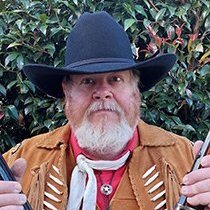

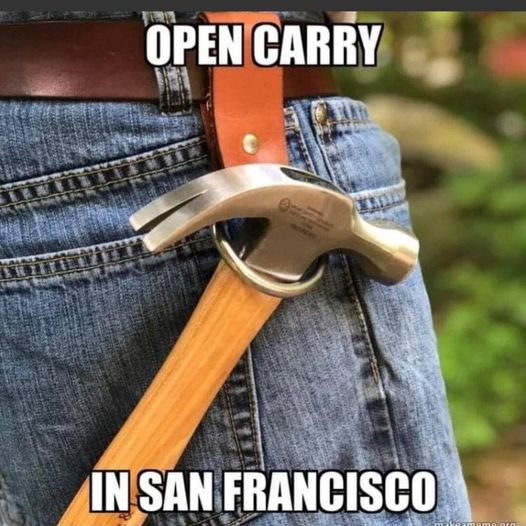
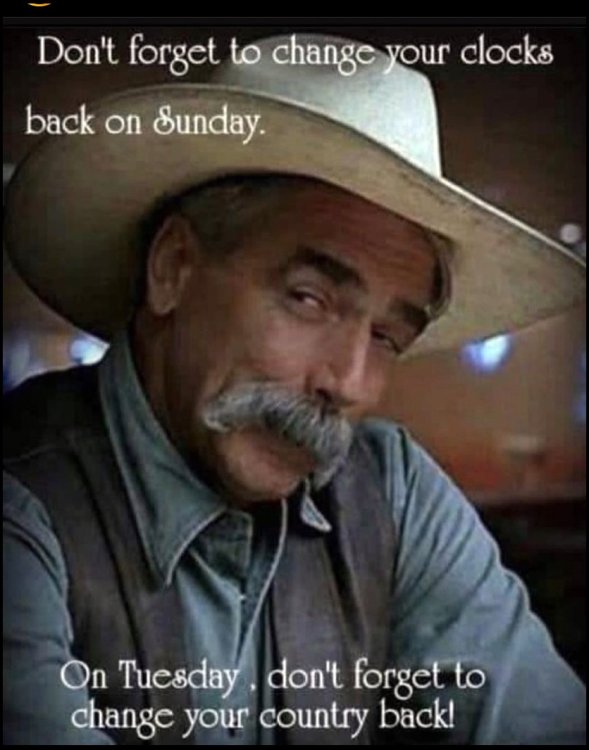
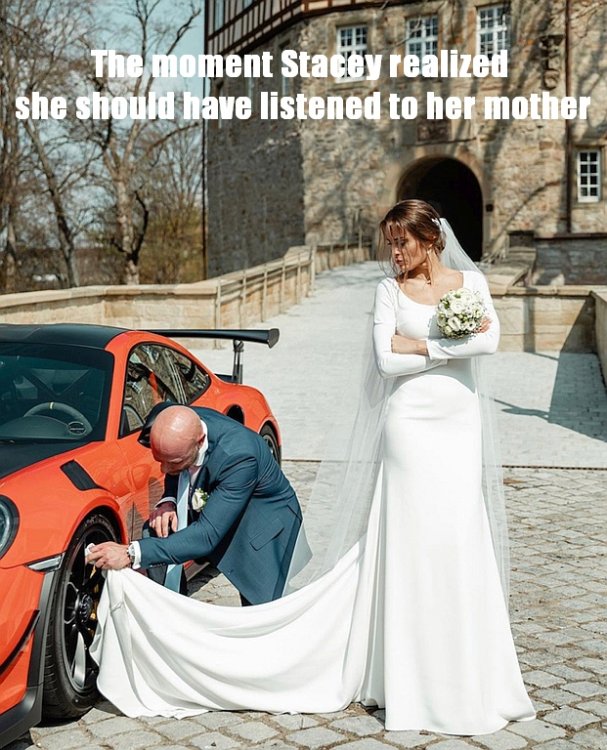
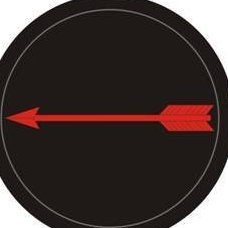

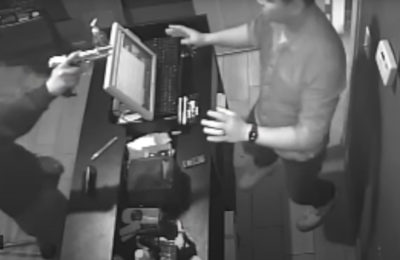


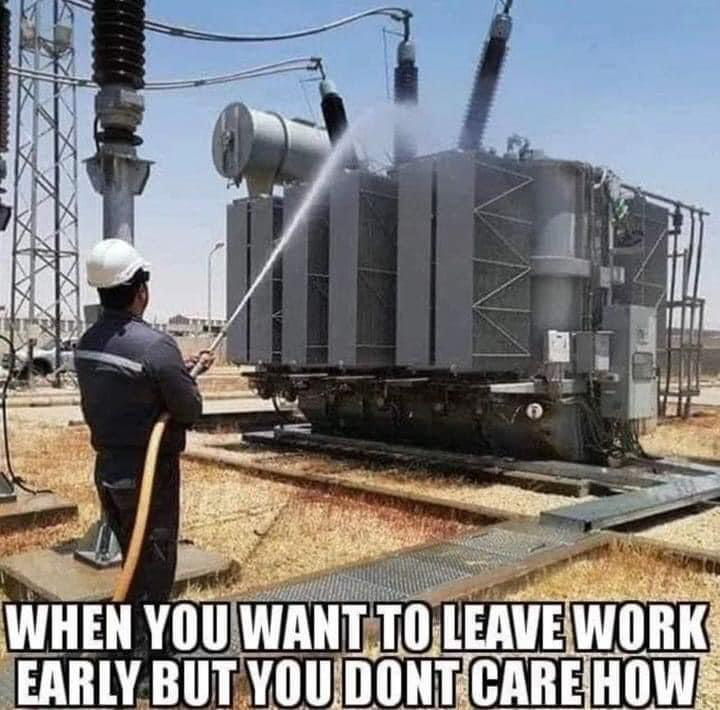
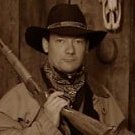
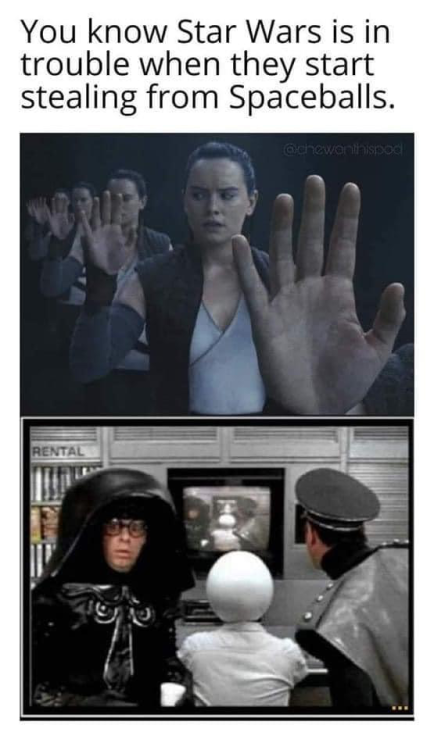


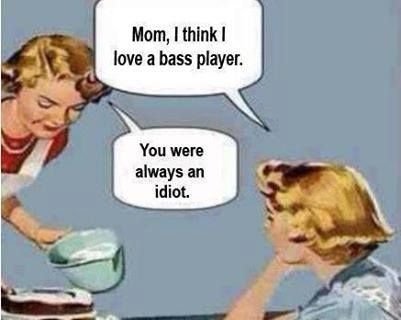


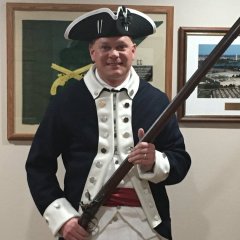
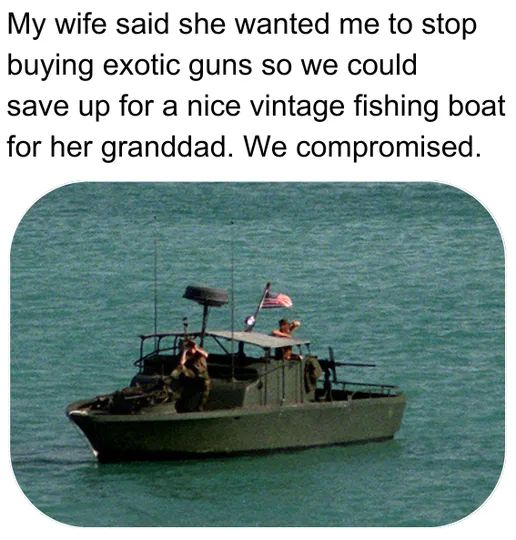
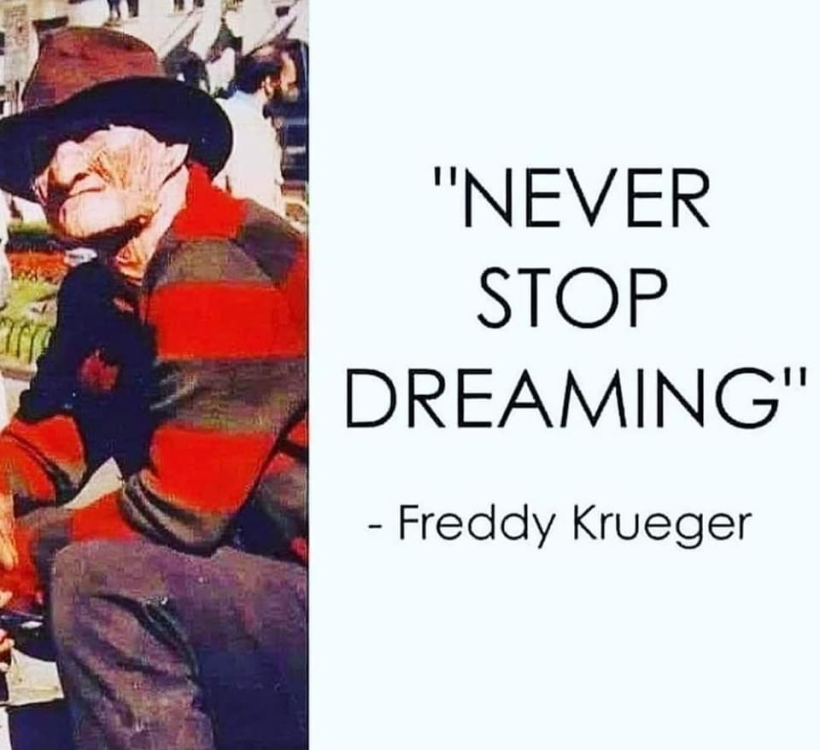
.thumb.jpg.42f9340f5815e3915f9a0b0991f5aa8f.jpg)
